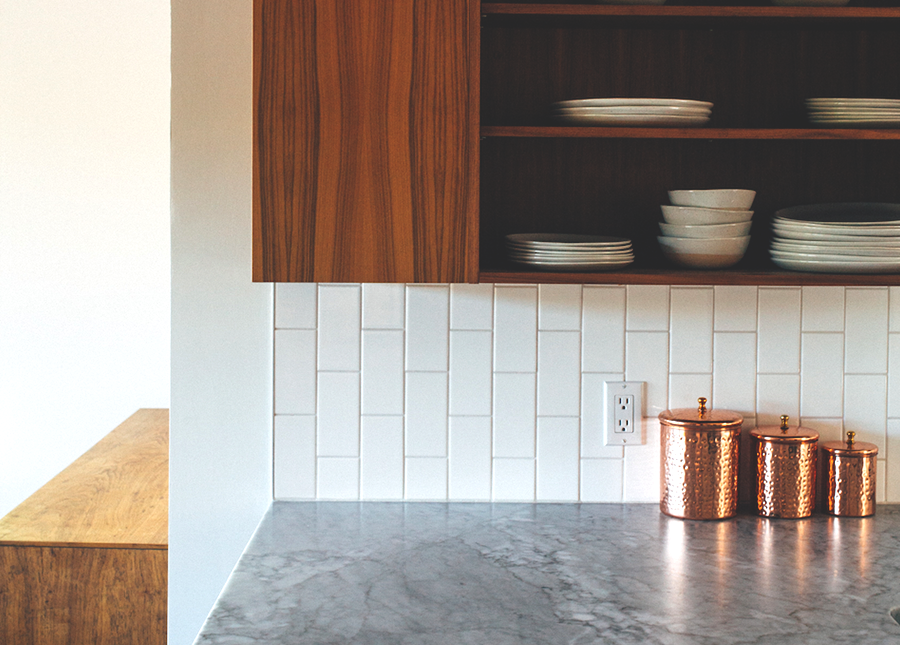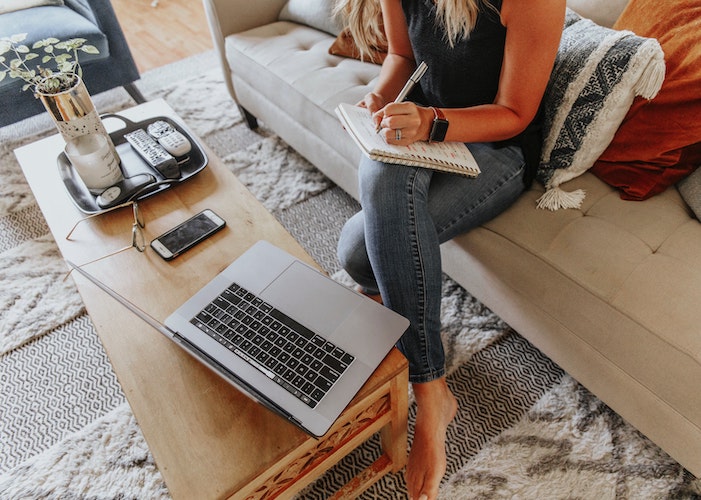5 Reasons I'm Gladly Still Renting My Home At Age 30

Call me in denial, but I’ve started enjoying my experience as a renter more and more over the last few years. I moved to London at age 18 to study and hoped to work full-time there after graduation. I was naive about what the housing market was about to do (I arrived in 2006) because I believed that with a prudent lifestyle (I was a student after all), I would be able to buy my first home by around age 25. Fast forward 11 years: I’m approaching 30 and I’m still renting.
Back in 2015 at the age of 27, I had saved up a downpayment, which I could have used to buy my first property. But paying $500,000 for a two-bedroom basic flat in a high-rise building (not the nice sort) didn’t feel like value for money. I could technically afford to buy in London, but I went with my gut to postpone my purchase. I could also have used that money to pay down my student loan debt, but since my investments were earning 9% in the stock market (the bull market since ‘09 has been a big help), it didn’t make sense mathematically to pay off my debt first. Instead, I used a small amount of the money to fund a mini-retirement to write my first book on personal finance — something I’d put off since graduation.
Having the time and money to write my book without relying on someone else was liberating. It wasn’t a straight path, and I experienced writer’s block, but in the end, I realized it was the right decision. Had I bought property with my savings instead, I doubt I would have ever taken a break from my career to pursue a passion project. It would have felt too risky with a mortgage. I published my book in 2017 and returned to full-time work, but that experience only serves to emphasize one of many benefits of renting.
If you still really want to buy a property, read on for some tips on how to focus on the positives of still renting whilst saving for your downpayment.
1. Flexibility.
Recognize that your priorities can and will change. The plan we made when we were 18 doesn’t have to happen to make us happy. I wanted to publish a book, but I never thought I would make it happen. I didn’t anticipate taking a mini-retirement for two years. I’m glad that neither of those was in my 10-year plan, but that I made them happen because they were the right choices to make at that time. And while a lot of homeowners like to talk about money being wasted on rent, it’s important to remember that rent is paying for you to live somewhere with the flexibility to move out. Moving regularly as a homebuyer is costly with lawyer’s fees, surveys, and moving fees to pay each time you make a purchase.
2. Mortgage repayment and then some.
Comparing your monthly rent with a mortgage repayment is not accurate. There are more costs associated with owning a home than renting. If you’re lucky enough to afford a property with cash, then you won’t be charged interest on a mortgage. For many homeowners, a mortgage is the only way they can afford to buy a property. As a result, each month they commit a staggering amount to pay off the capital and interest on their mortgage.
If you’re based in the US, you are also required to pay property taxes every year. The tax is around 1% of the value of your house, so for most of us, that’s at least $1,000 every year that you don’t get back.
3. Big one-off expenses at the start…and throughout.
There are lawyer costs, survey costs, mortgage arrangement costs, furniture costs, moving van costs. Your down payment is just one part of several large expenses associated with buying a property. The down payment goes towards the value of the house, so you’re more likely to see it again when you sell, but the other costs are gone. Forever.
And those aren’t even the only big costs. Some of my friends who own their property (along with a partner and kids) are often complaining about how much it costs to get their doors and windows replaced, fix a water issue, or buy a new fridge. We could be talking hundreds, if not thousands, in one-off costs throughout the year. When you rent, if your water system breaks down or a window mysteriously fails to open (which just happened to me recently), you just ask your landlord to fix it. A short email or phone call is enough. If your landlord is like mine, any issues are resolved within a couple of weeks depending on how urgent. You can’t always choose your landlord, so if you’re not happy with them, the flexibility of renting means you can move on.
4. Stock market returns.
If you’ve not started investing in the stock market yet, get reading. You may not have realized that you’re already a stock investor. If you have a 401(k) or any kind of pension account, then you are investing in the stock market. Although past performance can’t guarantee future returns, over a long period, the stock market has earned an average of 8% every year. It’s true that a property is likely to appreciate in value, but a property is not as liquid (i.e. easily accessible) as a portfolio of stock investments. It’s nearly impossible to sell your house overnight, but you can sell most investments quickly.
5. Opportunity.
When I first moved to London, I moved every year for five years. This taught me to pare down my belongings, because each move could be less painful than the last. This is just one opportunity that renting affords you. Because I never feel rooted in a place, I don’t invest a lot in pictures to hang up, and I regularly declutter my belongings so that I can move at a moment’s notice. I appreciate that this isn’t for everyone, but had I bought that property years ago, I would likely own three times the belongings I own now and have a significantly smaller investment portfolio as a result. I’d feel stuck. Renting makes it easier for me to say yes to that spontaneous secondment abroad.
*****
The greatest lesson of all is that I choose to be happy now by appreciating everything I already have. Instead of pining over my own space or a taste of “adulthood,” I’m grateful for the flexibility of my rental situation. I hope this list has helped you realize that owning a property is not for everyone, and joy can be found in renting. You may question whether you can be financially independent without owning your property. Don’t worry, you can be: just read about some of the Financially Independent Retired Early (FIRE) community who still rent.
Maureen writes on personal finance for millennials. In 2017, she released her first book: Your Money, Your 20s. Since releasing her book, she has written several online courses on money management and investing. She is a big fan of index funds and started investing in the stock market aged 22. Since then she has invested in peer-to-peer lending, renewable energy, and crowdcube businesses. You can read more of her work at The Life-Life Balance.
Image via Unsplash



